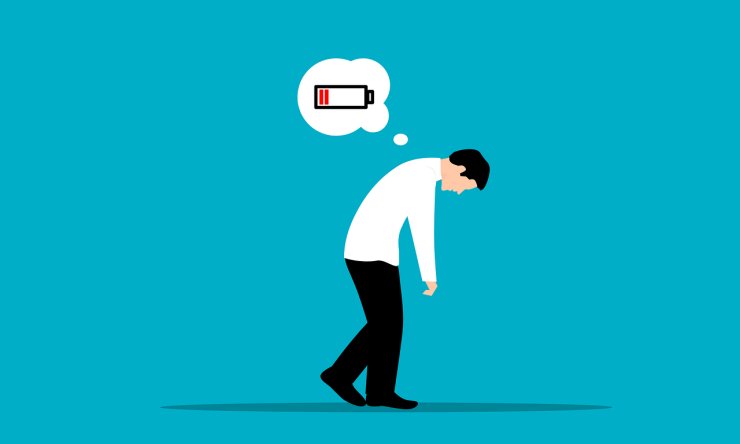How to slow down before you burn out
With a focus on mental health in all facets in life, it is important to recognize the signs of burnout in yourself and loved ones. An expert with Baylor College of Medicine explains the consequences of burnout if not attended to and how to have conversations with others about this phenomenon.
"Burnout is not a result of one singular thing,” said Dr. Eric Storch, professor and vice chair of psychology in the Menninger Department of Psychiatry and Behavioral Sciences at Baylor. “Work, familial responsibilities and everyday stressors can all contribute to a sense of depleting motivation.”
Burnout manifests in numerous ways, and there are various signs to indicate you are on the pathway to being burned out. Mentally, people will feel overwhelmed or anxious while going about their everyday lives, while physical symptoms include tenseness, difficulty relaxing, issues with sleep and overall fatigue. The key indicator in determining if you are burned out is a lost sense of satisfaction in successes at work or spending time with loved ones at home. When left unaddressed, burnout can lead to depression or other serious mental health issues and have detrimental effects on others.
There are many preventative measures against burnout, and the first step is to have a conversation.
“If you find that you are beginning to show signs of becoming burned out at work, speak with a trusted colleague for their advice or talk to a supervisor about what you both can do to change your work environment into one that allows for a healthier balance between personal and professional responsibilities,” Storch said.
If loved ones begin showing signs of burnout, Storch also encourages you to reach out and have conversations with them to ensure their well-being. Articulate that the conversation is not meant to be hostile and is coming from a place of concern. Use “I” statements to convey your observations and worries and let your loved one share as much information as they’d like. Try to end these conversations with action points or solutions to work toward, together if possible.
Addressing mental health is becoming more widely accepted; however, some people may be hesitant to understand its impact on work or life. Storch still encourages conversations with these individuals, but he advises trying to skew conversations to more objective and logical reasoning. Emphasize that individual success is important to programmatic success and that leaving your concerns unaddressed will harm the system. Self-advocacy skills are crucial to navigating difficult conversations. Practice having those conversations with someone you trust before speaking with more intimidating individuals.
“Remember, no one can look out for you like you can for yourself,” Storch said.
Some people may find themselves in situations where others rely on them, and they do not feel as if taking a break is even possible. If conversations do not prove fruitful in this situation, Storch says to encourage them to take a break anyways to show them that their world will not crumble if they are not present.
“You can go at life at 90 miles-an-hour, but you’ll quickly find out that you won’t be able to maintain that pace for long,” said Storch. “Once you learn effective self-care, which often means stopping for breaks, you’ll find out that you’re able to go further than you thought possible.”










